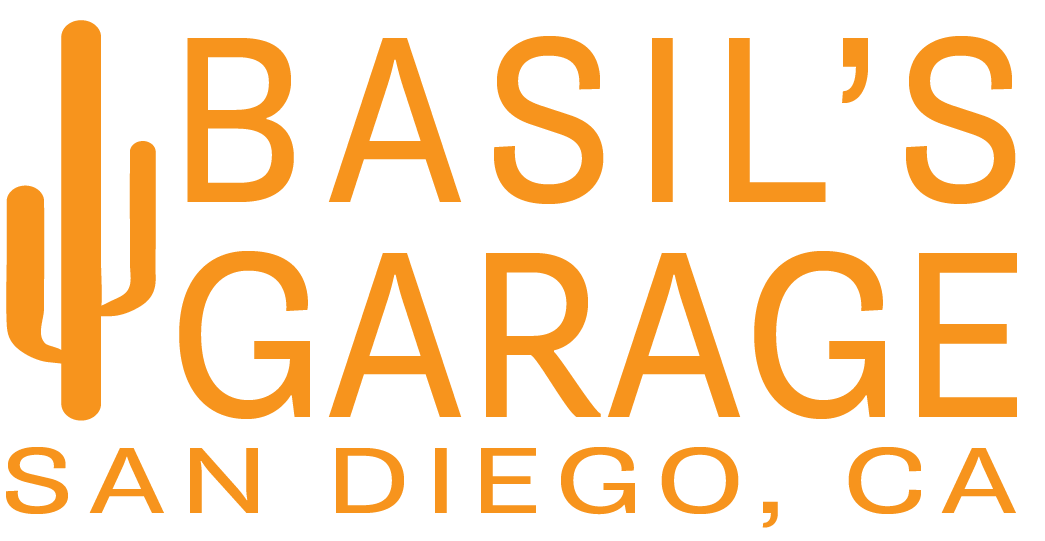Industrial plastics: improving sustainability with carbon capture
The social impact of developments on communities and the way they are designed are gaining traction as key metrics in UK government policy.
Her work at the John Grill Institute for Project Leadership aims to redefine project management by focusing on governance structures and leadership approaches that are adaptable to the rapidly changing world, highlighting the need for leaders who can effectively integrate systems and drive outcomes that align with the evolving demands of society, technology, and the environment.. 2.Embracing Digital Transformation:.

The conversation underscores the transformative impact of digital technologies on construction.Whyte discusses the shift from traditional practices to digital-first strategies, where the use of data analytics, BIM (Building Information Modelling), and digital twins becomes central to project delivery.This digital shift not only enhances efficiency and collaboration but also opens new avenues for innovation in project analytics and stakeholder engagement.. 3.

Innovative Construction Methodologies:.The podcast delves into the potential of modern construction methodologies, such as offsite manufacturing and modular construction, to address industry-wide challenges like labour shortages, safety concerns, and environmental impact.

Professor Whyte advocates for a standardised approach to components and systems, which can lead to improvements in quality, speed, and sustainability of construction projects.. 4.
Collaboration Across the Industry:.This data helps designers plan for the fullest range of complex requirements at the earliest stages, from safety to stakeholder requirements, from operations to maintenance, from re-use and net zero to wider sustainability goals..
Platforms enable designers to consider, share and integrate all pertinent data in the earliest design concepts, locking this value in to the DNA of the design, delivery and operation..Reduced handoffs for reduced risk.
Embedding pertinent data in a digital library avoids continual calculations from first principles and sequential issuing.Instead, compliance is pre-baked into the design through rule sets and parameters that are agreed up front by multiple engineers.
